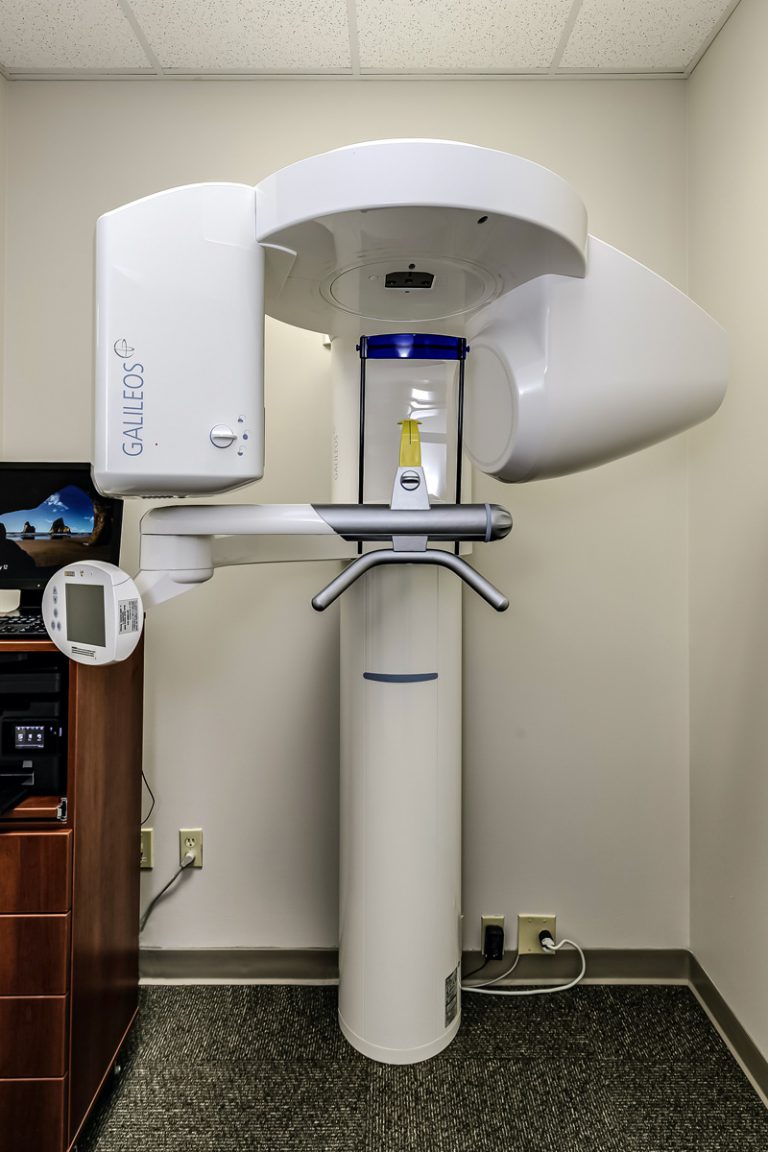To Buy Zocor No Prescription Visit Our Pharmacy ↓

The Science Behind Zocor: How It Works
The adoption of simvastatin by healthcare providers often aims to balance budget constraints with patient needs, ensuring broader access. Furthermore, regular exercise contributes to overall weight management, crucial for individuals with high cholesterol. When evaluating Zocor in terms of cost and accessibility, it’s important to consider both direct expenses and overall affordability. Studies have shown that Zocor can effectively prevent the progression of atherosclerosis, a major underlying factor in cardiovascular diseases. While statin drugs, including Zocor, are indeed metabolized by the liver, the frequency of severe liver damage is extremely low. Taking Zocor requires mindful dietary choices to ensure the medication works effectively. Drawing from personal anecdotes, individuals taking Zocor have painted a diverse picture of their experiences.
Enhancing Zocor's Benefits: Safe Practices for Users
The relationship between alcohol and Zocor can significantly influence your treatment outcome. Following these practices not only maximizes the therapeutic benefits of Zocor but also contributes to a healthier lifestyle, amplifying the positive outcomes on cardiovascular health. Zocor, scientifically known as simvastatin, is a cornerstone in the battle against high cholesterol, a condition that can lead to serious cardiovascular diseases. When starting Zocor, it is common to begin with a lower dose and gradually increase it as needed. This interference can lead to an increased concentration of the medication in the bloodstream, potentially heightening the risk of side effects such as muscle pain, liver damage, and kidney failure. Zocor, like other statins, primarily works by inhibiting an enzyme known as HMG-CoA reductase, which is crucial for cholesterol production in the liver. The efficacy of Zocor in combating cholesterol hinges on its ability to modulate the lipid profile in a favorable direction.
Practical Diet Tips for Zocor Users
Remember, zocor is most effective when used as prescribed by healthcare professionals. Conversely, consuming large quantities of high-fat meals can decrease the effectiveness of Zocor, as they contribute to the underlying issue it aims to combat. Zocor, a renowned statin medication, has emerged as a trusted ally in this journey, offering a scientifically-backed solution to help patients achieve their cholesterol goals. Zocor's effectiveness in cholesterol management can be attributed to its innovative mechanism of action. Zocor, known generically as simvastatin, is widely prescribed to manage high cholesterol and reduce the risk of cardiovascular diseases. Through these personal accounts, the real-world impact of Zocor—beyond the statistics and clinical studies—gains depth, shedding light on the nuanced experiences of individuals striving for better health. Combining alcohol with Zocor heightens the risk of liver damage, as both substances place a substantial load on liver metabolism.
Unlocking the Science Behind Zocor's Effectiveness
Its primary function is to reduce low-density lipoprotein (LDL) cholesterol levels, often dubbed "bad cholesterol," while simultaneously raising high-density lipoprotein (HDL), or "good cholesterol." By achieving this balance, Zocor helps lower the risk of cardiovascular diseases, such as heart attack and stroke. Many people hold misconceptions about Zocor, primarily revolving around its uses and efficacy. Remember, regular follow-ups and adjustments to your management plan may be necessary to ensure continued effectiveness. At the heart of its mechanism is the inhibition of HMG-CoA reductase, an enzyme pivotal for converting HMG-CoA into mevalonate, a critical substance in cholesterol synthesis. Regular sleep schedules help the body optimize the medication's cholesterol-lowering effects, leading to improved cardiovascular outcomes. Understanding the nuances of cholesterol, from its different types to its impact on cardiovascular well-being, is the key to unlocking a healthier lifestyle. Zocor stands out as a promising preventive medication in the realm of cardiovascular disease.
Mixing Medications: Zocor's Dance with Other Drugs
This consistency helps maintain stable levels of the medication in the body, enhancing its efficacy in lowering cholesterol and reducing the risk of heart disease. Activities such as brisk walking or cycling offer significant benefits, ensuring the 'script works at its best. The journey of Zocor from its inception has been marked by significant clinical trials and studies, establishing it as a cornerstone in the fight against cardiovascular diseases. Additionally, various factors, such as pre-existing conditions or interactions with other medications, can contribute to muscle pain. By adjusting lipid levels, Zocor helps prevent heart attacks, strokes, and other cardiovascular complications. This journey from its discovery to its widespread adoption underscores a period of rapid advancements in the understanding and management of cholesterol. Physicians often advise a dose adjustment or continuous monitoring when combining Zocor with these drugs.
From Lab to Labels: Navigating Regulatory Pathways
Zocor, also known as simvastatin, plays a pivotal role in preventing cardiovascular diseases by lowering cholesterol levels and reducing the risk of heart-related issues. One of the most pervasive myths is that Zocor can entirely replace the need for a healthy lifestyle. For instance, St. It belongs to the statin class of drugs, working primarily as an HMG-CoA reductase inhibitor. Overall, Zocor's role as a preventive medication underscores its significance in the holistic approach to cardiovascular disease management. As a member of the statin drug class, Zocor targets a crucial enzyme called HMG-CoA reductase, which plays a vital role in cholesterol synthesis within the body. When the enzyme's action is blocked, Zocor is not metabolized as efficiently, leading to higher levels of the drug in the body than intended.
Navigating the Complexities of Cholesterol Management
Studies have consistently shown that long-term use of simvastatin can significantly reduce the risk of heart attacks, strokes, and even death from heart-related issues. Cholesterol management can be a daunting task, with various factors influencing an individual's levels. It's worth noting that excess alcohol can exacerbate liver strain, which is already under pressure dealing with Zocor. By blocking this enzyme, Zocor helps lower the levels of LDL (bad) cholesterol while also increasing the levels of HDL (good) cholesterol in the blood. Clinical studies have shown that significant liver injury is rare, occurring in less than 1% of patients. Zocor comes in varying dosage strengths, typically ranging from 5mg to 80mg. Additionally, high-fat and high-cholesterol foods should be limited, as they can counteract the cholesterol-lowering effects of Zocor.
Potential Risks and Interactions with Other Medications
Developed by Merck & Co., it quickly garnered attention for its effectiveness in reducing low-density lipoprotein (LDL) cholesterol, commonly referred to as "bad" cholesterol. Consequently, sticking to the prescribed ‘Sig’ and being mindful of alcohol intake ensures the medication performs optimally. Over the years, research into Zocor’s long-term efficacy and impact has painted a comprehensive picture of its role in preventative healthcare. Integrating Zocor into your daily routine doesn't have to be challenging, especially with a few dietary adjustments. By understanding the intricate relationship between cholesterol, cardiovascular health, and overall well-being, individuals can make informed decisions and take an active role in their care, empowered by the effectiveness and reliability of Zocor. This step was vital, as it helped identify any potential adverse reactions early on, ensuring that patients received the full benefit of Zocor without undue risk. John's Wort, known for reducing the effectiveness of many medications by enhancing their metabolism, can diminish simvastatin's ability to lower cholesterol levels.
Zocor Myths Related to Diet and Lifestyle
Many believe that taking Zocor allows them to neglect diet and exercise, assuming the medication alone will manage their cholesterol levels. Zocor works by inhibiting an enzyme called HMG-CoA reductase, which plays a crucial role in cholesterol synthesis in the liver. Its proven efficacy in lowering cholesterol levels and reducing the risk of heart-related conditions makes it a valuable option for individuals looking to enhance their cardiovascular health. The liver is primarily responsible for metabolizing both alcohol and simvastatin, and consuming alcohol can increase the risk of liver damage, a known side effect of Zocor. Adopting healthy lifestyle habits can significantly enhance the effectiveness of Zocor in managing cholesterol levels. By blocking the action of this enzyme, Zocor effectively lowers the level of low-density lipoprotein (LDL) cholesterol in the bloodstream. Those who experienced adverse reactions speak of persistent dialogue with healthcare providers leading to optimized dosages or complementary lifestyle changes that mitigated unwelcome effects.
Beyond the Pill: Understanding Zocor's Long-term Effects
With its scientifically-proven efficacy, patients can feel confident in their ability to achieve their desired cholesterol targets and reduce their risk of heart-related complications. To optimize the effectiveness of Zocor, incorporating certain nutrients into your diet can be beneficial. This dual action not only helps in managing cholesterol levels but also plays a significant role in preventing the buildup of plaque in the arteries, thereby reducing the risk of heart attacks and strokes. Despite these concerns, the consensus among healthcare professionals remains that the benefits of Zocor, particularly for those at high risk of cardiovascular disease, outweigh the potential risks, provided there is careful patient selection and monitoring. Additionally, alcohol may affect how well Zocor lowers your LDL cholesterol levels, potentially reducing its efficacy. Its ability to lower low-density lipoprotein (LDL) cholesterol, often referred to as "bad" cholesterol, is a key factor in its protective benefits against heart disease. This dual effect helps to prevent the buildup of plaque in the arteries, reducing the risk of heart disease and related complications.










































